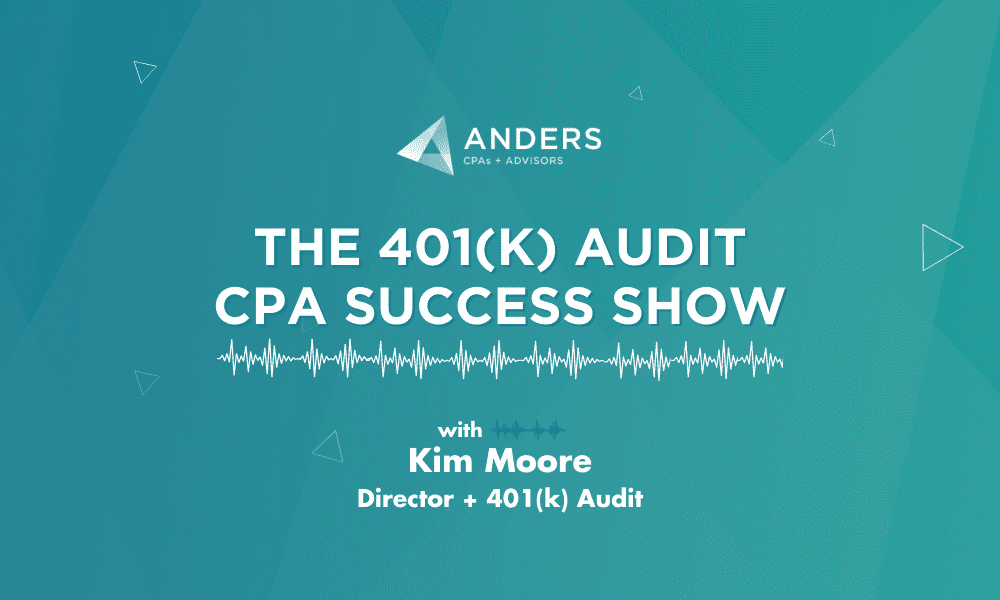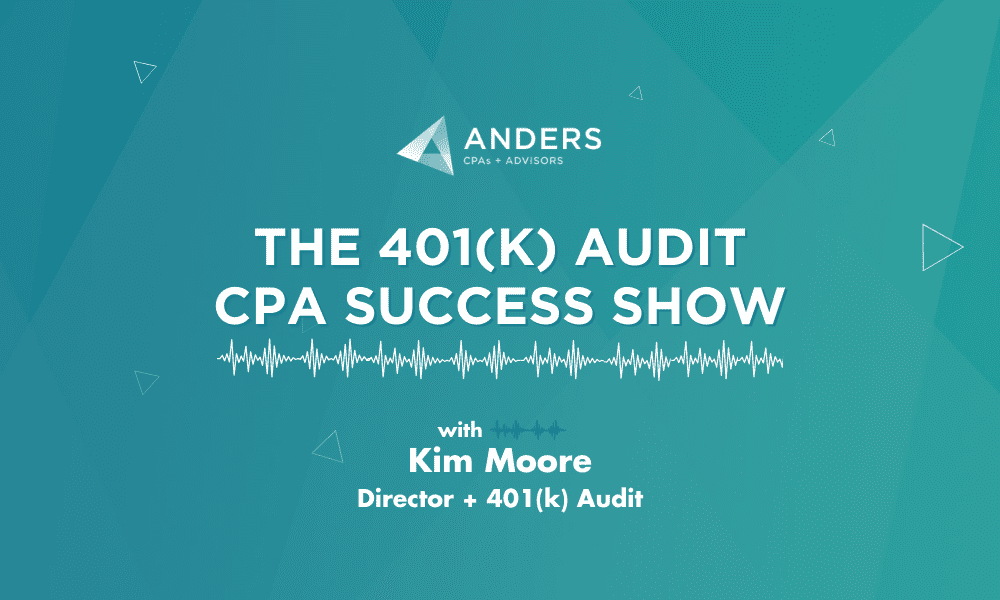To ensure the new year begins on the right foot, there are several activities that Plan Sponsors should get started on. Conducting a review to determine whether your Plan needs an audit for the past year is the first step of wrapping up the previous year while looking ahead. Completing this straightforward yet crucial step early ensures you’ll be able to locate an auditor who can complete the audit on time, saving you undue stress as important deadlines loom.
The audit determination is based upon the number of eligible employees that could participate in your Plan on the first day of the Plan year. If your Plan follows a standard calendar year (January 1 – December 31), this determination must be made as of January 1st. If you are unsure whether you use a calendar or fiscal year-end, you can contact your service provider and ask or refer back to the prior year Form 5500. The year covered is shown at the top of the first page of the Form 5500.
Determining True Number of Eligible Employees
The tricky part of the determination is verifying the true number of eligible employees. You need to consider three types of employees. First, those current employees contributing to the Plan should be included. Second, terminated employees that still have assets in the Plan should also be included. Lastly, employees that are eligible to participate but have declined participation should be factored into the determination. These numbers should be reviewed as of January 1st. We have discussed this calculation with several companies that have had reductions in force occur later in January or February but you must use the numbers as of the first day of the Plan year regardless of what occurs after that date.
If you add those three numbers together and the number is equal to 100 employees/participants or more, then you will need an audit. It sounds like an easy calculation but if your eligibility rules are more complicated and involve reviewing the number of hours an employee worked to verify eligibility, this review may take a little more time.
Collaborate with Service Providers to Ensure an Accurate Employee Count
Review your employee count with your service provider to verify that it’s accurate. They should also review the calculation in the first part of the following year as part of their year-end procedures. Their systems will calculate the total eligible number based upon the Plan Census and other information either you provided to them or that they already have in their system.
It is a good idea to double-check the calculation especially if you are close to the 100 level. If the count comes out to 100 or 101, you’ll want to especially double check to make sure participants weren’t included that shouldn’t have been. 401(k) Plan audits are expensive and time-consuming, and you don’t want to go through one if you don’t have to.
Follow the 80-120 Rule
There is also something called the 80-120 rule. This may apply if this would be your first audit and your participant count described above is greater than or equal to 100 but less than 120. In these cases, you should discuss with your service provider how this applies to you. Basically, if you filed a short Form 5500 in the prior year and your participant count remains below 120, you can continue to file a short form without an audit. However, once you reach above the 120 figure, you must begin having an audit completed for your Plan.
Always double check the audit need with your service provider to ensure they are coming up with the same or a similar count. Your auditor will check the numbers to those shown on the Form 5500 and you don’t want to find out once the audit is begun that you didn’t need one. At Anders CPA’s we are experts in the 401(k) audit space and we’d be happy to discuss the particulars of your situation with you to determine if you need an audit and what type is required.
For more information on how our 401(k) audit team can help, request a free consultation below or contact Kim Moore at (260) 918-8824 to discuss your unique 401(k) audit needs.
All Insights


